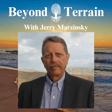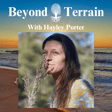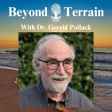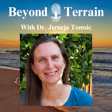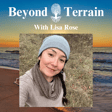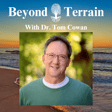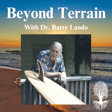
Tim Matz on Community, Family, Training and Moving Like a Human!
In this episode, we welcome Tim Matz to explore the profound lessons we can learn from nature and how they shape our lives. We begin by discussing the wisdom nature offers and how embracing its principles can lead to a more harmonious existence.
We delve into the importance of community—how connection and collaboration contribute to personal growth and collective well-being. Then, we reflect on the concept of comfort, examining its impact on modern life and how stepping outside our comfort zones can foster resilience.
The conversation shifts to family dynamics with the question: How can we be a healthy family? How can you stay healthy with a family? This flows into a discussion on movement and fitness, discussing the joy of training like a kid and rediscovering playfulness in the gym and outdoors. Finally, we expand on the idea of training like a human, emphasizing functional movement, adaptability, and reconnecting with our primal instincts.
This episode is a holistic exploration of living in alignment with our natural design, building meaningful connections, and moving with intention. We hope you enjoy it!
Keep up with me (socials)
https://www.instagram.com/beyond.terrain/
Our vision at Beyond Terrain is best supported by sharing our work!
Joining our private terrain community is also a wonderful way to support what we do here at Beyond Terrain.
https://beyondterrain.com/beyond-terrain-community/
Learn more from and support our esteemed guest, Mr. Tim Matz
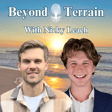
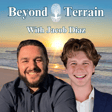
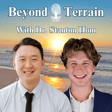
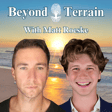
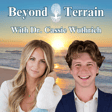
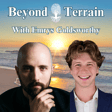
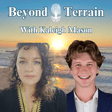
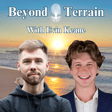
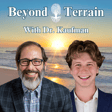
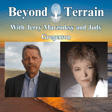
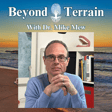
![DNA Doesn't Exist & Genomic Nonsense with Dr. Jerneja Tomsic [Part 2] image](https://media.zencastr.com/cdn-cgi/image/width=112,quality=85/image-files/652933f3a749dc383eb375de/ce5a5fd9-98c9-44fe-9b4b-3d0cd5abcf29.png)
